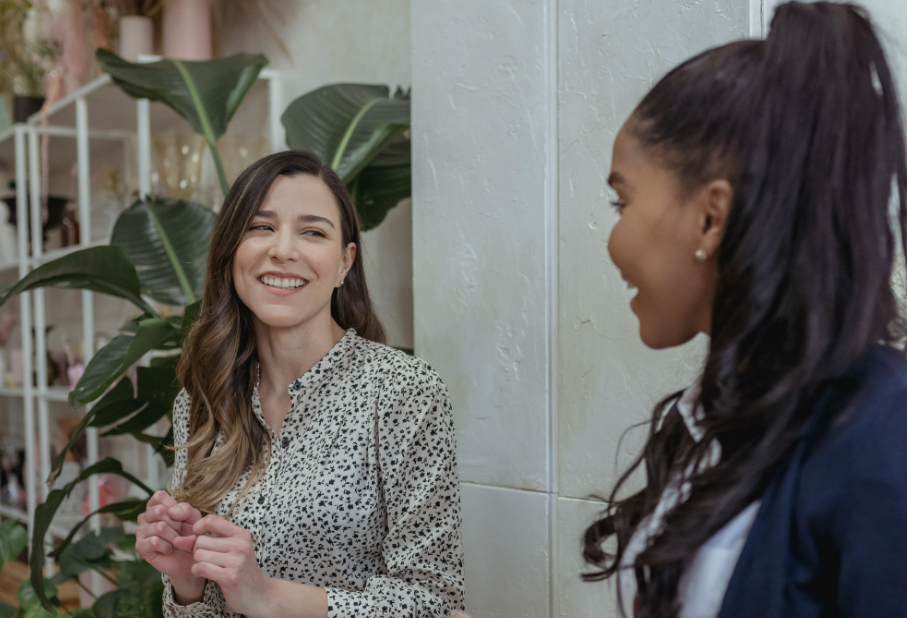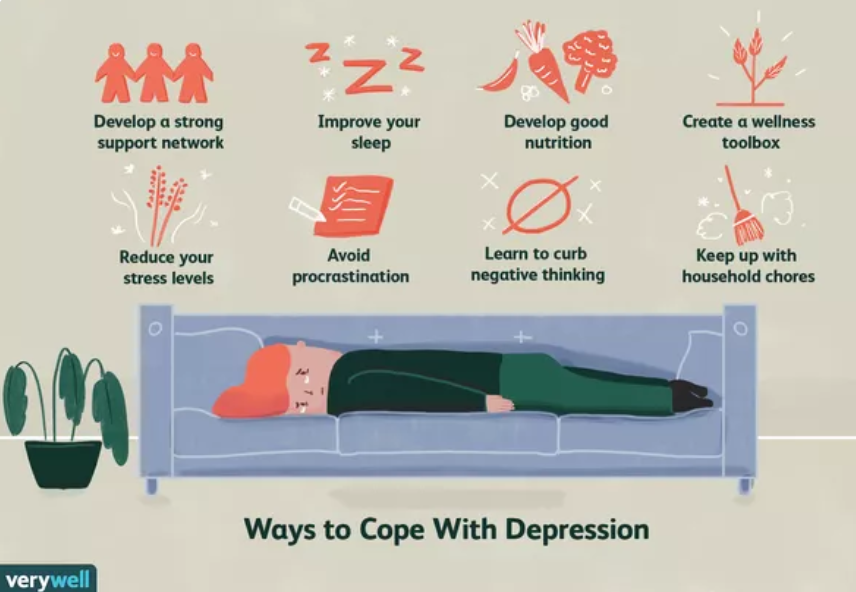Last updated on July 17th, 2022 at 04:51 pm
“I hate casual conversation with a burning passion” 5 reasons why
Do you say, “I hate casual conversation with a burning passion”? Then you have come to the right place to understand why. There can be many reasons you hate conversations. Such as the person or group of friends you’re with or where you meet people. Or, maybe you just simply hate talking with people, and that’s OK too!
It’s common for a lot of people to despise small talk because it makes them feel anxious and insecure. Or, just plain bored. However, you may need to adjust a few things and we think you’ll start to enjoy conversations much more.
Regular conversation and small talk have always been thought to just be conventional, born out of habit. Don’t be those people. Take your conversation skills to a new level just by changing a few things and understanding why you say, “I hate casual conversation with a burning passion”.
Here we have 5 reasons why you hate casual conversation with a burning passion, but we also talk about how you can adjust your social skills to have a better experience.
Let’s go!
5 reasons you hate casual conversation
with a burning passion
#1. The conversation is boring or maybe you are …
In surveys conducted, most people say they wish they had more meaningful conversations in their daily lives. Maybe you’re not having enough meaningful conversations and why you say, “I hate casual conversation with a burning passion”.
Behavioral science research consistently finds that the more deep and intimate conversations people have on a given day, the happier they are that day.
The more time people spend in small talk, the more likely they are to feel a bit bored. To some people small talk is a conversation’s purgatory, biding time waiting for the good stuff. So why not get to the good stuff if you can. Or, look to put yourself in more fun and interesting situations where you can meet new people. You may underestimate how satisfying deep conversations with strangers can actually be.
In a dozen experiments with roughly 1,800 people, as varied as business executives and visitors in public parks, we found that our participants felt happier and more connected than they expected after relatively deep conversations with people they had just met.
So take a chance and take your small talk to the next level.
#2. You’re dealing with one-sided conversations
Everyone wants to be able to talk about themselves and if no one ever asks, it doesn’t feel good. This makes us less likely to listen to someone else, ask questions and enjoy the conversation.
It’s very simple. When you’re with someone, ask them questions, and actually listen.
Whatever you are talking about, your listeners will have perspectives, concerns, objections, or insights on the matter that are important to them. The key to engaging them is finding out what is important to them and addressing those issues. You may have to adapt what you say accordingly.
Dealing with one-sided conversation: If you’re having a conversation don’t only speak about what interests you.
Engage. Seek to engage in a dialogue, not a monologue. Be equal parties in the conversation.
Ask questions. This will enable you to determine whether your message is understood.
Invite questions. Do this as you go along. It will help your listener help you know what they need.
You are ignoring the communication markers. Communication markers are the non-verbal cues that the listener gives when you are attempting to communicate with them. In face-to-face conversations, these markers are primarily body language and tone of voice.
Demonstrate concern for the other person. Do your utmost to make them feel an important part of the conversation.
Learn the physical signals. There are good books that can help you understand body language, but some of it is very obvious. You won’t miss it if you maintain your awareness of the other person.
#3. Maybe you’re feeling depressed
Depression can sometimes be a direct result of someone’s social problems and why you say, “I hate casual conversation with a burning passion.” They were fine before, but have become pessimistic due to being isolated, rejected, or too insecure to try to connect with others.
Being depressed or stressed out can put a huge damper on your social life.
According to research, “people with greater depressive symptoms report more frequent negative social interactions and react more strongly to them.”
So, let’s take a step back and think about this. Don’t put blame on yourself for not being “perfect” in social situations or stress yourself out about potentially being “depressed”. It’s more important to understand where your stress or depression is coming from and to get help.
Or, maybe you’re feeling depressed or stressed because the experience of being social has caused anxiety and self-judgment.
Possibly you were fine before, but now feel miserable and defeated due to being isolated, rejected, or too scared to try to socialize with new people.
If you want to learn more about how to have conversations with people check out our post on, how to start conversations, and 15 charming and effective strategies.
#4. You’re not having the right conversations in the right places
You’re not socializing in the right places or with the right people
Here at Loopward, we talk about this idea all the time. If you’re talking with people you’re not compatible with, you’ll hate socializing. And to make things worse, if you’re at events you hate or meetups that drain your energy, of course, you’ll hate socializing. This makes a huge difference.
If you go to a social event you’re excited about it, you’ll have a higher chance of enjoying conversations and interactions with people.
Think about the hobbies you have and check out if there are any groups or events related to them.
A few places you might thrive socially:
Meetup.com
Comic-Con
Cooking Class
Wine tasting class
Dog parks
Toastmasters
Eventbrite.com
#5. The social skills you have aren’t good … yet
If you feel uncomfortable socializing that’s ok. However, your discomfort could be holding you back from your social life. You might think you don’t like being around people but you might be feeling insecure about how you talk to people and you believe you’re not good enough to start a conversation with people.
If you feel this way check out our post How to start a conversation using 15 charming strategies. This post gives you ideas on you can more easily start conversations with people.
In the meantime, here are some tips you can follow to improve your social skills and not have any one-sided conversations as we mentioned above.
Ask open-ended questions
Encourage others to talk about themselves
Offer appropriate compliments
Educate yourself on how to take your conversations to the next level
Go places you’ll have fun having conversations
You can do this!
What you can do right now
Download our Tool Kit for free (mini-course, social blueprint, and more) Prepare more when you go out to socialize. We think if you join our community or read a few more blog posts, you won’t be saying, “I hate casual conversation with a burning passion.”
But you’ll feel more confident, prepared and you’ll know what to do next, especially, when it comes to socializing.


